Hail and well met Gentle Entities and Slurried Enemies! Today I am celebrating with my fellow Hipsters, a holiday that is near and dear to the lifeblood of our shared hobbies. It is National “Mom and Pop Shop” day! It was created eighty one years ago by whelps celebrating the successful launch of their parental entities shop opening. Today the nomenclature refers to many small businesses and as you, my dear readers, know very well such small independently owned businesses are the lifeblood of our in-person gaming community!
You should absolutely celebrate today by supporting your local game store and purchasing something you shall lovingly hoard in a place of honor, displaying your exquisite connoisseurship and ethical sourcing.
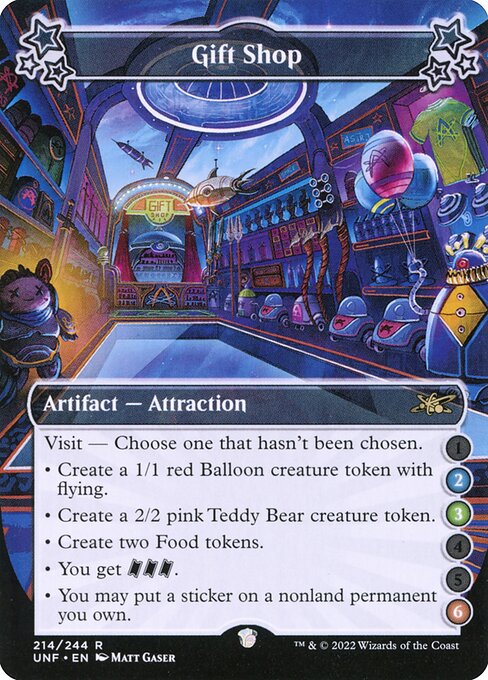
This week, I would like to beg a moment of your time for a small discussion about playing in competitive spaces in person and in public before we get to a question.
There have been several incidents, in several games, where disqualifications have happened either due to technicalities, or subjective interpretation of conduct rules. In the best of all circumstances these interactions are difficult and emotional episodes for players in a competition. It can also be a trial by fire for an arbiter of the rules, as these roles are fulfilled by volunteers who are still expected to behave at a professional level.
It is known that volunteer refereeing in a competitive environment with complex rules is already fraught with interpersonal power dynamics. There is room for poor experiences for both officials and participants in the application of rules including full disqualifications. The intensity is multiplied if the competition involves ranks and prizes of commercial value. This does not excuse callous or confrontational behavior in these intense interactions.
One must always be aware of two things – the judges are volunteers, and judges are ALSO the individuals who hold hierarchical power in these interactions and bear the responsibility of using that power with compassion (and legal liability until they hand off a minor player to the tournament organizer).
On the whole the players of this plane are just coming back to formal play and I believe it would be fair and just to say all members of the community may have to relearn how to relate to each other.
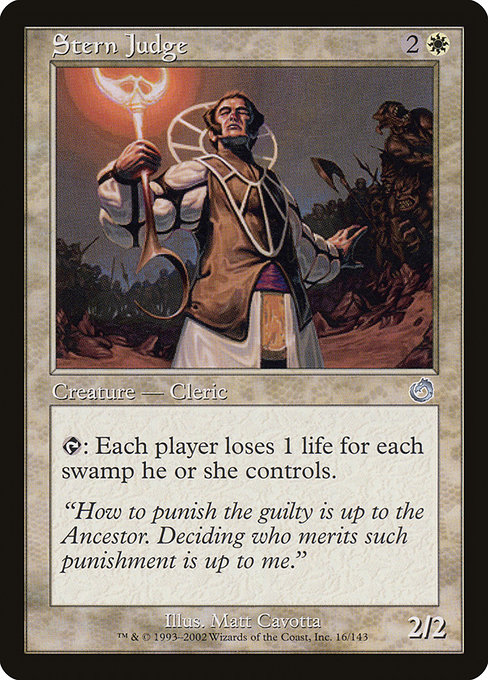
Numerous mistakes can lead to game losses or disqualifications. Because the judge is the one with power and the player is not, a judge should ALWAYS be aware that they are representing the game, the TO and the corporation and how they treat someone who is being penalized will make a difference to their future participation in organized play for your game. It will also reflect on the community of play, the credibility of your organization and the willingness of other players to accept your rulings. Judge calls *should* be neutral, but they are rarely experienced that way. You are not only interacting with the person who is receiving remediation – every single player in hearing distance is going to react to how you handle that interaction and determine whether THEY would like to keep playing in organized play.
Simple kindness and being polite – even if under duress, is a recommended best practice for officials given these conditions. Your fellow adjudicants are there to support you and help you process the interaction as it moves through the process. That level of support will most likely not be available to players at tournament sites. Players are also dependent on judges to represent THEM to other officials or opponents. If you are having difficulty with an oppositional player it is perfectly acceptable to bring them up to the next person above you in the hierarchy. Etiquette does not require you continuing to deal with a negative player. It does require you to make sure they are fully accessing all of the resources they are allowed to have during the regulatory process.
What is NOT acceptable etiquette on the part of tournament organizers or judges who were not involved in the decisions is to speculate publicly as though they were participants in the event. This causes a great deal of misinformation and social harm. It also becomes “fact” through misinformation rather quickly. It is unfair to the participants and your fellow official, even if it feels like defending them, it will undermine the work your organization does to make sure there is due process and it is their job to support the judge.
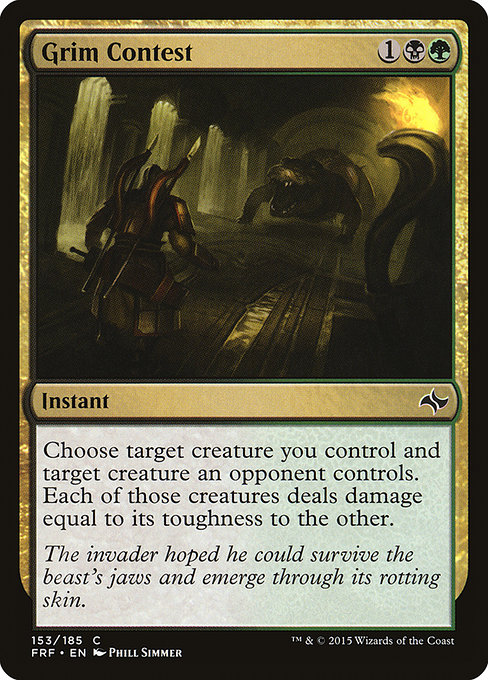
On the player side – competition is already a heightened state of awareness. One must be a zen master or other form of highly enlightened being not to be highly invested in the moment.
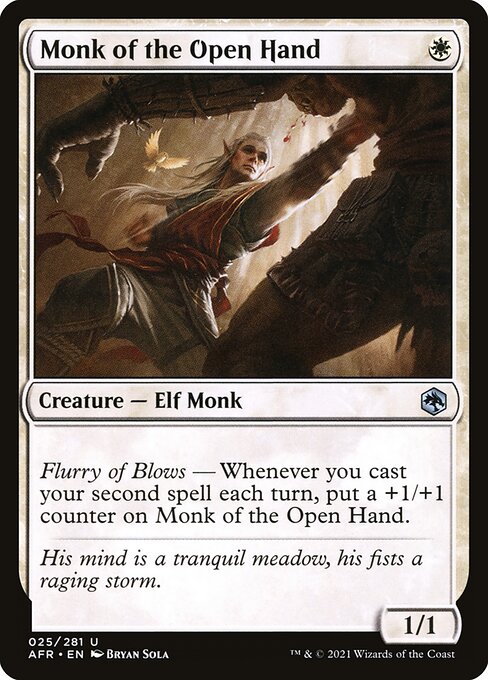
The act of having a judge called – even for something small or a question made clear, is a stressful moment for a competitor and can create strong emotional states at exactly the time one must be most careful to treat everyone you are interacting with using the proper etiquette for the event. Even if you believe the judge is incorrect, even if they are disqualifying you due to a rule that you were unfamiliar with, and yes, even if they are behaving badly themselves and you desperately would like to ingest the inconsiderate – I must sadly inform you that the power structure is not in your favor.
Like many things that happen in regulatory affairs, you may only report rudeness *after* it has been committed. It does not entitle you to be rude in return. Indeed, being rude in return reduces the chances of the other person with more power being held accountable.
Competitions are the height of etiquette – your feelings are real- you do not have to “be nice” but you MUST “be polite” to a judge or to an opponent who has called a judge. This is practical on several levels.
- If you have any chance of appealing, your mannerly behavior will stand you in good stead.
- If you are polite during the highly stressful interaction and other people create misinformation later – everyone who witnessed the interaction will be able to testify that you were polite and well mannered. They will often speak up for you directly on their own when others attempt to besmirch your name.
- Many of our games are played mostly by casual players who only follow parts of the competitive coverage. Partial information can live on out of context forever in the amber of the internet and entity to entity rumor. Good sporting conduct during negative events helps inoculate you against perceptions that might arise because of the negative nomenclature of most rules interactions. For instance having the wrong number of cards in your deck because one fell out might have been accidental but will still be presented as a “Deck Problem.” and bad actors on the internet or at the tournament will be all too happy to create inflammatory and imaginary content around this wording. Being perceived as someone who is ALWAYS displaying good manners makes you believable for your long term competitive career. It is an important tool.
Mizz Mizzet’s Manual of Mitigating Migraines generally advises anyone who seeks to be either a physical or mental competitor to treat the rules and referess’s guides as equally important preparation as practice with one’s own set of rules and equipment.
Being familiar with the way your officiants are taught to rule when the need arises AND the standards and behaviors they are expected to maintain on site will allow you to comport yourself with aplomb should you find yourself in a situation where not only can you NOT eat the rude, you will assuredly be disqualified if you do.
Hipsters of the Coast is primarily a site that engages with Magic the Gathering and the rules for Judges is difficult to find through google searches or links so I have provided the Magic the Gathering Infraction Procedure Guide link below for competitors to peruse:
https://media.wizards.com/2022/wpn/marketing_materials/wpn/mtg_ipg_5feb21_en.pdf
Other organized play events will have their own rules and organizations. When you enter, if you do not already know where to find your official’s rulebook (as opposed to the rules for the players) you should ask your local judge or LGS TO so you are fully informed prior to competing.
If you have an etiquette question directly related to being a judge or interacting with one, we at Mizz Mizzet’s school for Complicated Life Forms recognize that it is difficult to ask these questions. Some organizations provide social interaction training, some do not. You should never feel embarrassed about looking for clarification.
Please feel free to reach out to me at mizzmizzet@hipstersofthecoast.com if you would like to ask directly.
Or if you would like to share it with our readers you may submit you question through the link for our column here:
https://www.hipstersofthecoast.com/mizz-mizzets-question-form
May all your adjudications end in victory!
Using the “good game” emote after every play your opponent makes hoping that you will cause them to second guess every one of their plays or they will assume you have a game winning combo is abusive.
If one abuses emojis, an intentionally cruel tormentor should be aware that frequent use of a tool of harassment may engender the opposite effect as well. If emojis are excessive or incomprehensible your target will frequently assume that you are just unpleasant, and ignore them or turn off the capacity for emotes to be viewed at all as they are simply a distraction. The chat feature may restrict interaction to theoretically harmless emotes. If upon the discovery of this limitation someone’s desire to abuse opponents means they are working out new ways to be abusive in a restricted environment, it is clear that does not make one clever. It shows that an individual is too weak to resist one’s worst impulses when they could have put all that effort into being good at the game instead.
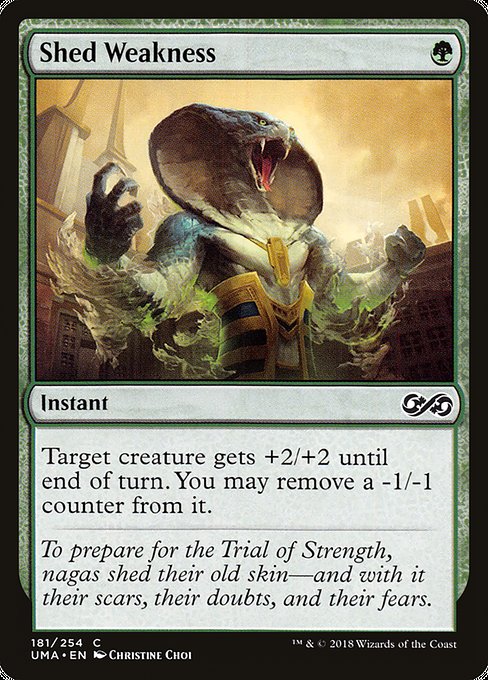
The other possibility for “when do emojis become abusive” outside of aggressive or insulting meanings, or use in place of words in systems that forbid or monitor words is during text-based posts and communications.
As we teach our whelps, the point of communications devices is to communicate. Using pictographic language of any kind is always acceptable, and indeed the use of emoji, gifts and “stickers” can communicate quite a lot of information VERY quickly and often with a great deal of nuance. We at Mizz Mizzet’s School for Complicated Life forms are extremely pro-visual symbolism in communication, however, the use of standard emojis without shared cultural context, or communication solely in emojis instead of direct answers, can become “an abuse of the use of emojis” in and of itself. Especially if one user is unaware of secondary meanings for some emoji while using the small pictures intuitively. It is unrealistic for a sender to expect a recipient to be fully telepathic while reading a string of images as though they needed to interpret the meaning of a bouquet using flower language in the Victorian era.
Thus the “abuse” is expecting the emojis to be legible and universal when words in a shared language would have been clear. In contrast to our first example, where the rudeness does not quite reach the level of abuse, the overuse of the emoji for text and posts the abuse does not quite reach the level of rudeness but is inconsiderate.
In the latter case if the recipient is getting pelted with what reads as inappropriate or entirely too many emoji, the polite thing to do is ask the overexcited author some clarifying questions:
- “Did you mean to send that eggplant and peach emoji to me in the context of describing your dinner, or were there more metaphoric meanings?”
- “I am afraid I could not figure out which verbs were supposed to be linking the angel, witch and praying hands emojis? Are you inviting me to a religious ritual? Is there a dress code”
If the emoji enthusiast is a loved one, you may simply ask them directly to please stop sending strings of emoji in lieu of type or you will not be able to answer back without a decoder ring and few questions of intent about vegetables. Words are a much safer way to conveying ideas to you.
May you be released from codebreaking and avoid insecure sports folk in your future!
🐉
MM
Thank you to Adrienne Reynolds, for her interplanar transcription services.
Mizz Mizzet Portrait by Andres Garcia
Delightful Readers, Please Submit Your Questions to Mizz Mizzet.
You may submit your questions to Mizz Mizzet using this form.
New Mizz Mizzet columns are posted every Wednesday right here as well as in Hipsters of the Coast‘s weekly email newsletter. You are also encouraged to follow her at @MizzMizzet on Twitter.
Any questions answered publicly will be made anonymous, and noms de plume will be created to represent any parties mentioned.
Born a perfect dragon in an imperfect multiverse, Mizz Mizzet (she/her) is the pioneer broodmother of today’s multiplanar civility movement. She is now working to persuade Planeswalkers to participate in it.
Her tireless efforts to expand the understanding and exercise of etiquette beyond the stereotypical terror of too many pieces of silverware, and whether to use poisons or explosives at celebratory conquest dinners, have not escaped official notice.
She specializes as a consultant in seating arrangements for inter and intra planar political events as long as contracts include the option to eat the rude.
Out of respect for her relative’s delicate sensibilities regarding draconic rank, she does not reside on the plane of Ravnica.

